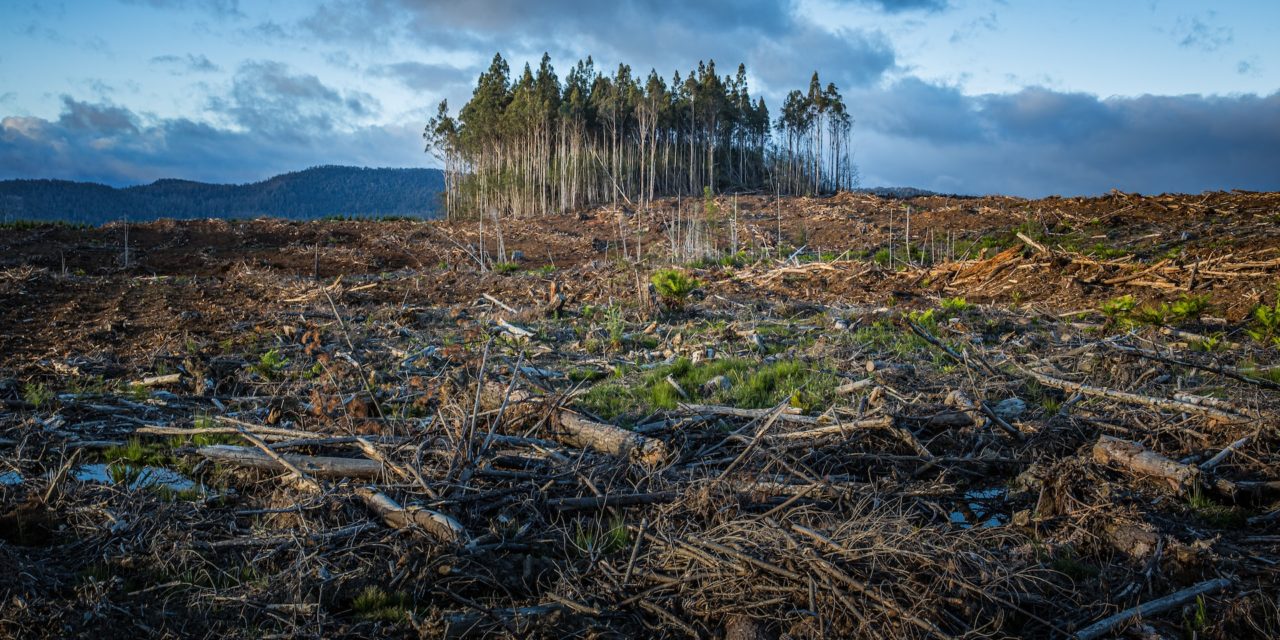Biofuels have emerged as a promising alternative to fossil fuels, providing a sustainable source of energy that can help combat climate change. Made from renewable resources like plants and agricultural waste, biofuels are changing the world by reducing our dependence on traditional energy sources and promoting a cleaner, more sustainable future.
One of the key benefits of biofuels is their lower carbon footprint. While fossil fuels emit greenhouse gases into the atmosphere when they are burned, biofuels are carbon-neutral, meaning they release the same amount of carbon dioxide they absorbed during the growing process. This makes biofuels a more sustainable and environmentally-friendly option, reducing our impact on the planet and helping to combat climate change.
Another advantage of biofuels is their versatility. They can be used in a variety of applications, from powering cars and trucks to heating homes and generating electricity. Biofuels can also be blended with traditional fossil fuels to create cleaner-burning fuels, reducing emissions and improving air quality. This versatility makes biofuels a practical solution for a wide range of energy needs.
Biofuels are also creating new economic opportunities. As demand for sustainable energy sources increases, the biofuels industry is growing rapidly, creating jobs and driving innovation. This includes the development of new technologies and production methods that can further improve the efficiency and sustainability of biofuels.
Despite the many benefits of biofuels, there are also some challenges to overcome. One of the biggest is the competition for land and resources. While biofuels can be made from a variety of renewable resources, like waste materials and non-food crops, they can also be produced from crops that are also used for food. This can create a conflict between food production and energy production, leading to concerns about food security and sustainability.
Another challenge is the cost of production. While the cost of biofuels has been decreasing in recent years, it is still more expensive to produce than traditional fossil fuels. This can make it difficult for biofuels to compete in the market, especially when government subsidies and incentives for renewable energy are not available.
Overall, however, the benefits of biofuels far outweigh the challenges. As we strive towards a more sustainable and environmentally-friendly future, biofuels are emerging as a crucial part of the solution. With continued investment in research and development, and support for the biofuels industry, we can revolutionize the way we produce and consume energy, creating a more sustainable and prosperous future for generations to come.

